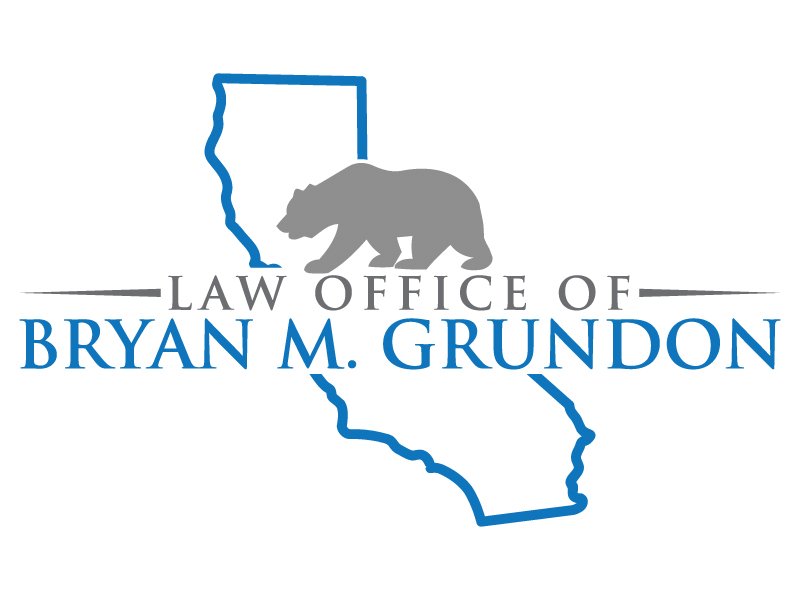California civil judgments are valid for ten years from the date they were entered. If you haven't been able to collect the balance by then, renewing the judgment can be a powerful tool.
What is Judgment Renewal?
Renewing a judgment is a legal process that extends the enforceability of an existing judgment, not creating a new one. This means you can still collect on the debt for an additional ten years. The court clerk handles the renewal process, so there's no need for a new court hearing.
How Does Renewal Work?
Before the ten-year mark hits, you'll need to submit a form (Judicial Council form EJ-190 or similar) to initiate the renewal process. This form details the original judgment amount, any accrued interest, the filing fee, and the new, total judgment amount.
Here's a bonus of judgment renewal: all the accrued interest gets added to the principal amount. This means you'll start earning interest on the interest, increasing the daily amount owed.
Renewing the Judgment Lien
If you placed a lien on the debtor's real property with an abstract of judgment, the good news is that renewing the judgment also renews the lien's priority. This ensures your claim gets paid before other creditors who might come along later.
Remember to Record the Renewal!
This is crucial: to maintain the lien's priority, you must record the renewal application with the county recorder where the property is located. This step ensures your renewed lien's priority remains based on the original judgment date, not the renewal date.
Renewing a judgment is a valuable tool for creditors in California. By following these steps, you can ensure your ability to collect on the debt for an additional ten years.

